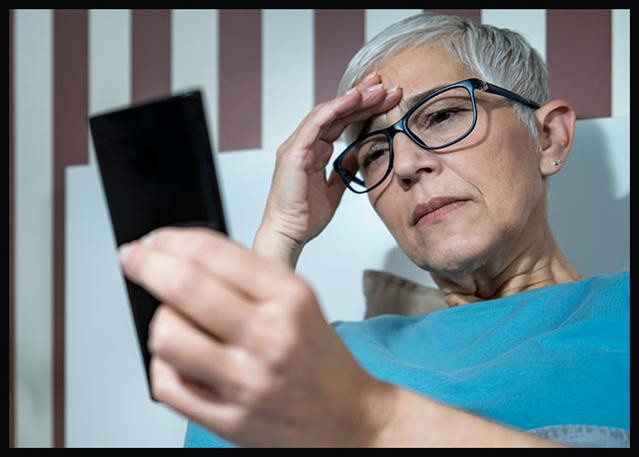
According to a study published in JAMA Network Open, smartphone tests can accurately distinguish between those with frontotemporal lobar degeneration and those without.
To investigate the use of smartphones to diagnose frontotemporal dementia, Professor Adam Boxer from the University of California, San Francisco, and his team collaborated with the software company Datacubed Health to develop an app. This app records users’ speech during cognitive tests and assessments of functions like walking, balance, and language.
The app was tested on 360 adults at high genetic risk of developing frontotemporal dementia, including those without apparent symptoms. The study indicates that the app accurately identified dementia in these individuals, potentially detecting the condition’s early stages better than traditional neuropsychological evaluations.
While there are no immediate plans for public release, Dr. Adam Staffaroni, a clinical neuropsychologist at the University of California, San Francisco, and the study’s lead author, believes the app could advance research on the condition.
The app could also reduce the burden of in-person assessments for patients, caregivers, and clinicians. Staffaroni suggests that smartphone assessments could facilitate new trials for potential therapies and eventually replace many in-person visits to clinical trial sites. This development is significant because it could help identify frontotemporal dementia early on in high-risk individuals, potentially leading to better treatment outcomes.
Copyright © 2024, RTTNews.com, Inc. All Rights Reserved.















